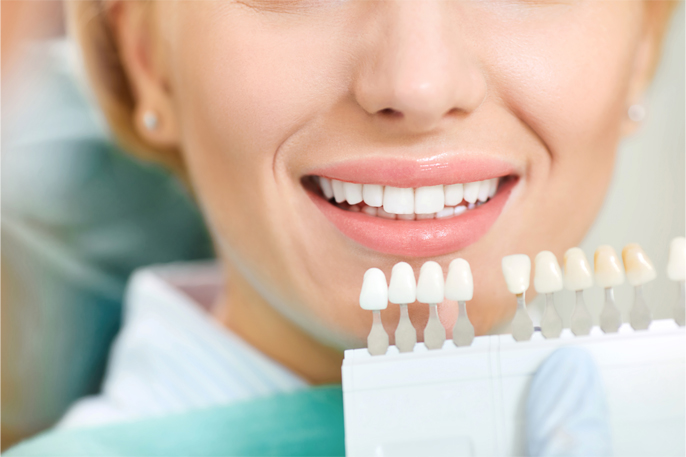Common culprits of staining are red wine, dark sodas, and coffee, three beverages casually consumed by the average person. There is nothing wrong with consuming dark foods and beverages, of course, but if you find your smile has become dull or yellow, it may be time to evaluate the habits that surround the consumption of them. Thankfully, however, there are ways you can mitigate dental staining with some common and easily applied practices. Here are some tips to keep in mind the next time you go for that evening glass of wine or morning cup of coffee.
Brushing your teeth 30 minutes after consuming these beverages may sound counter-intuitive, but it’s better than brushing immediately after. Coffee, soda, and wine are acidic, meaning they weaken your enamel. When we brush immediately after, we are being abrasive against an already weakened barrier causing it to weaken further. Brushing some time after consumption helps retain your enamel and will help prevent staining.
Otherwise, all you can do is floss, employ whitening powders or pastes, and maintain regular dental visits to keep teeth stains at bay. If you are interested in incorporating health practices into your life that also help reduce the risk of staining, cutting back on your consumption of dark sodas, red wine and coffee will go a long way to achieve that goal. You can also try at-home whitening strips, trays, or UV light whitening devices that may help you get up to two shades of whiter teeth.
If your teeth are already stained, and at-home methods aren’t working to mitigate the appearance of dull or yellow teeth, that’s where a cosmetic dentist can help. In-office whitening is more powerful than at-home treatments, and when professionally executed may go further than DIY methods.
To schedule an appointment or learn more about the beautiful smiles Dr. Sukari McMiller has created visit us online today at www.dreamworksdentalcare.com.
Dr. Sukari McMiller proudly serves patients from Fayetteville and all surrounding areas.





